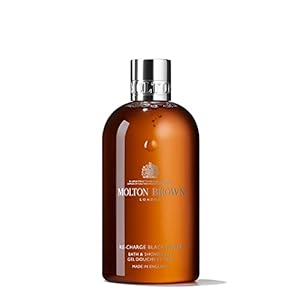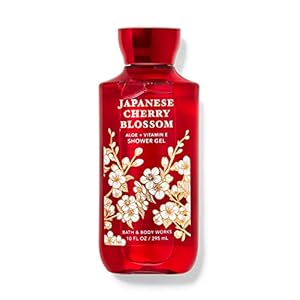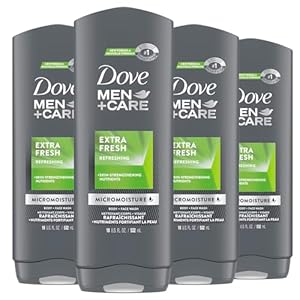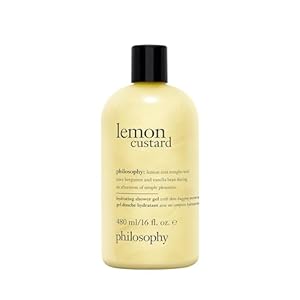
To maintain soft and hydrated skin, your diet plays a significant role that goes beyond just skincare products. The foods you consume have a direct impact on your skin’s health and appearance. Imagine if a simple adjustment to your daily meals could enhance your skin’s natural glow and suppleness. Interested in learning more about how your diet can be the secret to achieving that coveted dewy complexion?
Importance of Hydration for Skin Health
Staying well-hydrated is crucial for maintaining healthy and soft skin. Your skin is the largest organ in your body and relies on water to stay plump, smooth, and elastic. When you don’t drink enough water, your skin can become dry, tight, and more prone to wrinkles and fine lines. Dehydrated skin can also appear dull and lackluster, making you look tired and aged.
By drinking an adequate amount of water each day, you can help your skin retain its natural moisture and radiance. Water helps to flush out toxins from your body, which can contribute to clearer skin and a more even complexion. Additionally, proper hydration can improve the overall function of your skin cells, promoting a healthy skin barrier that protects against environmental damage.
Remember to carry a water bottle with you throughout the day and sip on water regularly. You can also increase your water intake by consuming water-rich foods like fruits and vegetables. Prioritize hydration to support your skin’s health and achieve that soft, glowing complexion you desire.
Essential Nutrients for Soft Skin
To maintain soft and hydrated skin, it’s important to ensure you’re getting essential nutrients that support skin health. Vitamin C plays a crucial role in collagen production, which helps maintain skin elasticity and firmness. Incorporating foods rich in vitamin C, such as citrus fruits, strawberries, and bell peppers, can benefit your skin’s overall health.
Vitamin E is another essential nutrient known for its antioxidant properties, protecting the skin from oxidative stress and promoting skin repair. Nuts, seeds, and avocado are excellent sources of vitamin E that you can add to your diet.
Omega-3 fatty acids are important for maintaining skin hydration and reducing inflammation. Fatty fish like salmon, chia seeds, and walnuts are great sources of omega-3s that can contribute to softer, more supple skin.
Additionally, biotin, a B-vitamin, supports skin health by assisting in the production of fatty acids essential for skin function. Include biotin-rich foods like eggs, sweet potatoes, and almonds in your diet to help maintain soft and healthy skin.
Foods That Promote Skin Hydration
For optimal skin hydration, incorporating foods rich in water content is essential. Including fruits such as watermelon, strawberries, and oranges in your diet can help keep your skin hydrated. These fruits not only provide hydration from their high water content but also offer essential vitamins and antioxidants that promote skin health.
Vegetables like cucumbers, celery, and tomatoes are also great choices as they contain a high percentage of water, aiding in maintaining skin hydration.
In addition to fruits and vegetables, consuming foods like yogurt, which isn’t only hydrating but also rich in probiotics, can benefit your skin. Probiotics help maintain a healthy gut flora, which is linked to skin health. Incorporating foods like chia seeds, flaxseeds, and almonds into your diet can also contribute to skin hydration due to their high omega-3 fatty acid content.
Dietary Habits to Avoid for Healthy Skin
Avoiding excessive consumption of sugary and processed foods is crucial for maintaining healthy skin. These types of foods can lead to inflammation in the body, which is often reflected on the skin in the form of acne, dullness, and premature aging. When you consume high amounts of sugar, it can disrupt the natural balance of collagen and elastin, proteins that help keep your skin firm and elastic.
Additionally, indulging in greasy and fried foods can exacerbate skin issues. These foods can increase oil production in your skin, leading to clogged pores and acne breakouts. Fried foods are often cooked in unhealthy oils that can contribute to inflammation and oxidative stress, both of which are detrimental to your skin’s health.
Alcohol and caffeine are also culprits when it comes to skin problems. They can dehydrate your skin, leaving it looking dry and dull. Both substances can also dilate blood vessels, leading to redness and exacerbating conditions like rosacea. By reducing your intake of these substances and opting for a balanced diet rich in fruits, vegetables, whole grains, and lean proteins, you can help your skin look and feel its best.
Trending Products














